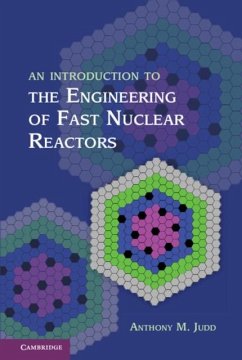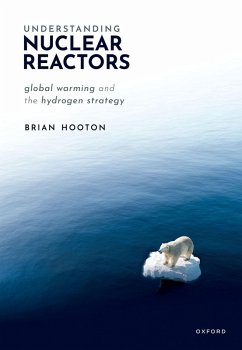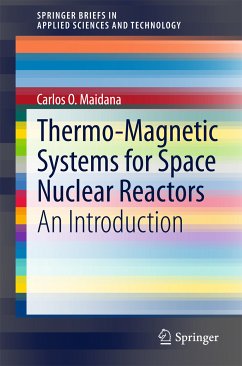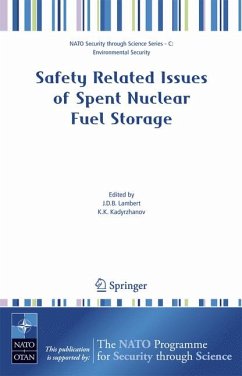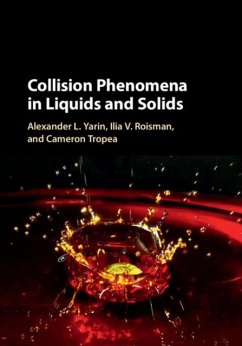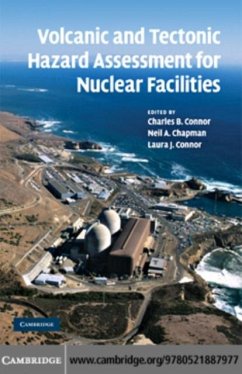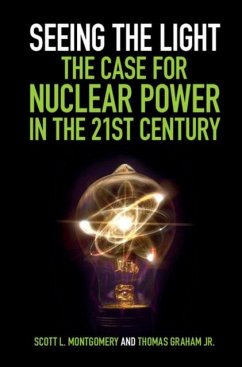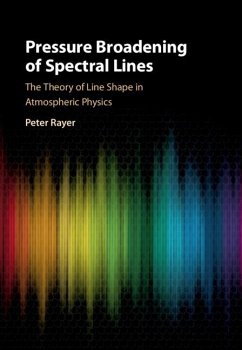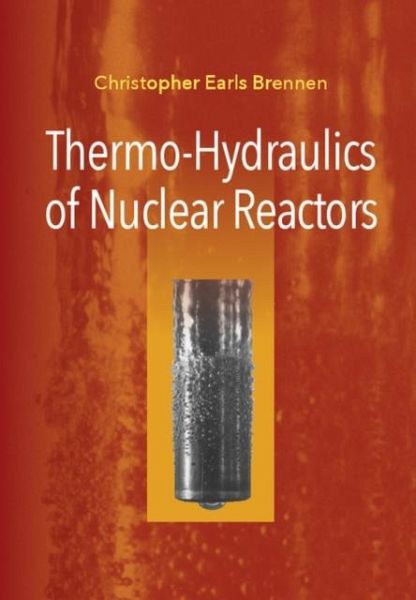
Thermo-Hydraulics of Nuclear Reactors (eBook, PDF)
Versandkostenfrei!
Sofort per Download lieferbar
55,95 €
inkl. MwSt.
Weitere Ausgaben:

PAYBACK Punkte
28 °P sammeln!
This book provides a concise and up-to-date summary of the essential thermo-hydraulic analyses and design principles of nuclear reactors for electricity generation. Beginning with the basic nuclear physics, it leads through technical and quantitative analyses to descriptions of both the normal operation of the various modern nuclear reactor designs and the analyses of the possible departures from normal operation. It then describes both the postulated accident scenarios and summaries of the causes for the three major nuclear power generation accidents, Three Mile Island, Chernobyl and Fukushim...
This book provides a concise and up-to-date summary of the essential thermo-hydraulic analyses and design principles of nuclear reactors for electricity generation. Beginning with the basic nuclear physics, it leads through technical and quantitative analyses to descriptions of both the normal operation of the various modern nuclear reactor designs and the analyses of the possible departures from normal operation. It then describes both the postulated accident scenarios and summaries of the causes for the three major nuclear power generation accidents, Three Mile Island, Chernobyl and Fukushima, as well as the major improvements to reactor safety that grew out of those analyses and accidents.
Dieser Download kann aus rechtlichen Gründen nur mit Rechnungsadresse in A, B, BG, CY, CZ, D, DK, EW, E, FIN, F, GR, HR, H, IRL, I, LT, L, LR, M, NL, PL, P, R, S, SLO, SK ausgeliefert werden.




